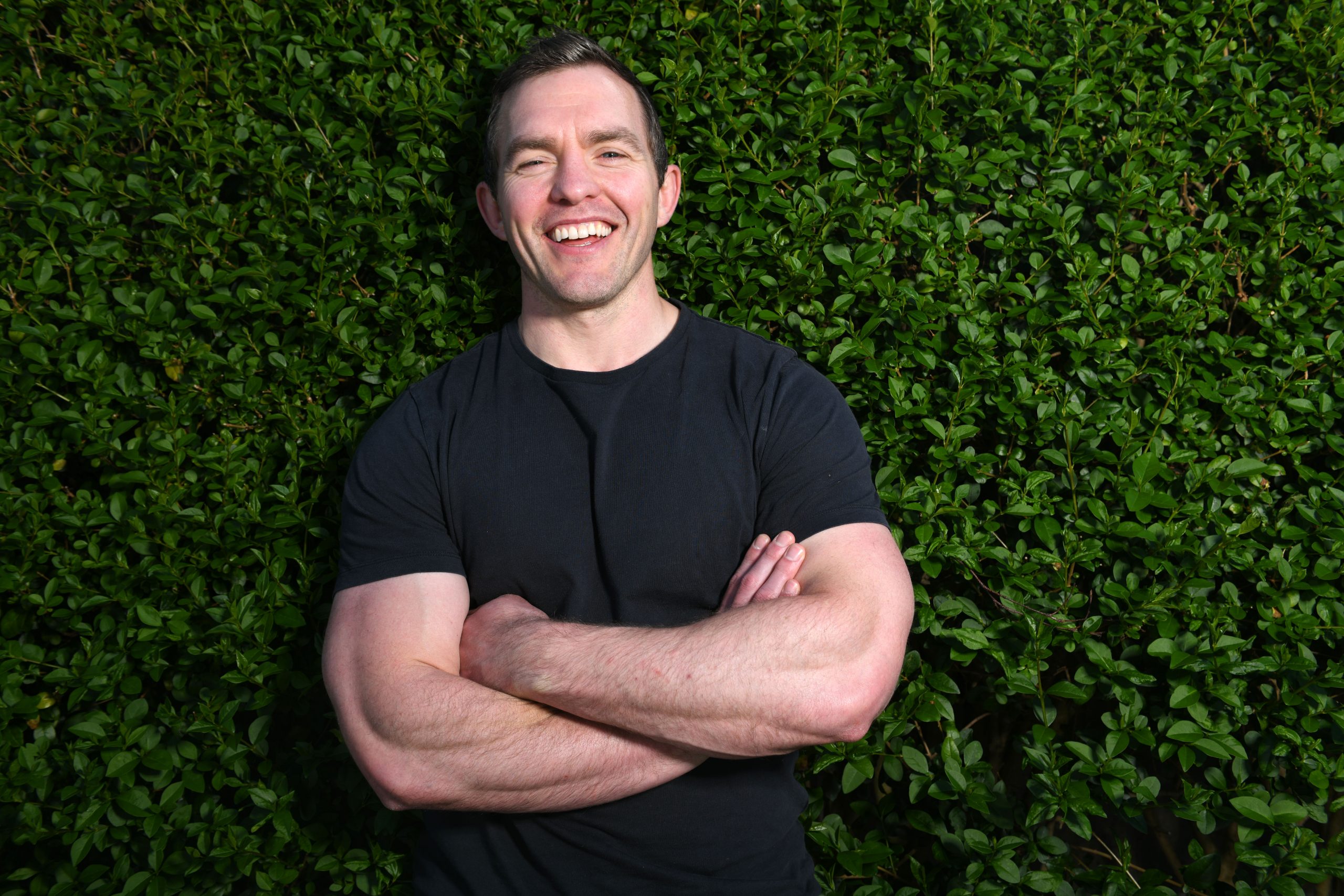Hermosa Beach in the South Bay region of Los Angeles is famed for its sunsets and year round oceanside water sports. It is a place where westerly breezes ensure fresh air and relative coolness despite the town enjoying almost 12-month sunshine. It is the sort of place that justifies its name, which in Spanish, means beautiful. Just a few months ago, Conor O’Loughlin relocated there as part of his mission to make Glofox the world’s number one gym management software company. It was a lofty ambition, but, from its base in Dublin, Glofox had already proven itself by expanding into…
Cancel at any time. Are you already a member? Log in here.
Want to read the full story?
Unlock this article – and everything else on The Currency – with an annual membership and receive a free Samsonite Upscape suitcase, retailing at €235, delivered to your door.

